Introduction to VR and VR Headsets
Virtual reality has transformed gaming and immersive experiences, taking users to breathtaking new worlds. As the technology advances, more gamers are eager to dive into the VR universe. But with a plethora of headsets available, one question lingers: is your graphics card up to the task? Enter the 7970 AMD Radeon—a powerful contender in its day. But can it keep pace with modern VR demands? Let’s explore how this classic GPU stacks up against today’s virtual challenges and whether it can still deliver an engaging experience in the realm of VR headsets.
What is the 7970 AMD Radeon?
The 7970 AMD Radeon is a graphics card that made waves in the gaming community when it was released. Known for its robust architecture, it’s part of the Radeon HD 7000 series and utilizes the GCN (Graphics Core Next) technology.
This card features 3GB of GDDR5 memory and supports DirectX 11, which allows gamers to enjoy stunning visuals in their favorite titles. Its performance set a benchmark for high-quality gaming during its time.
With a core clock speed of around 925 MHz, the 7970 delivers impressive frame rates even at higher resolutions. It also includes support for multiple displays, making it an appealing choice for multi-monitor setups.
For many enthusiasts, this GPU represents a sweet spot between price and performance in PC gaming history. The legacy of the 7970 still resonates among those who remember its capabilities well.
Compatibility of the 7970 with VR Headsets
The 7970 AMD Radeon is an older graphics card, but it still holds some potential for virtual reality. Many users wonder how well it pairs with the latest VR headsets.
When considering compatibility, most modern VR systems require more advanced GPU capabilities than what the 7970 can provide. However, it does support basic functionality with several entry-level headsets.
If you’re eyeing popular options like the HTC Vive or Oculus Rift, you might encounter limitations in performance and visual fidelity. The experience may not be smooth due to lower frame rates and resolution constraints.
For casual gaming or less demanding VR experiences, you could make it work. But high-end titles will likely struggle on this card. It’s crucial to check specific headset requirements before diving into a purchase decision.
Performance of the 7970 in VR
The 7970 AMD Radeon, while an older model, still holds its ground in VR environments. Many users report decent performance levels during immersive gameplay. This card can handle a range of titles with moderate graphical settings.
Frame rates are crucial for VR experiences to feel fluid and responsive. The 7970 manages to deliver playable frame rates in many popular VR games, although it may struggle with more demanding graphics-heavy titles.
Graphics quality often takes a hit as you push the limits of this GPU. Users might need to adjust settings for optimal performance without compromising their experience significantly.
Latency is another factor worth considering. While the 7970 provides satisfactory results, newer GPUs have improved latency metrics that enhance overall responsiveness in virtual reality environments.
For those seeking high fidelity visuals or advanced features like ray tracing, upgrading would be worthwhile as technology continues to evolve rapidly.
Also Read: The Rise of the Totk Flute Player: A Perspective
Alternatives to the 7970 for VR
If you’re considering alternatives to the 7970 AMD Radeon for VR, there are several options worth exploring.
The NVIDIA GeForce GTX 1060 is a popular choice among gamers. It offers solid performance and supports most VR headsets without breaking the bank.
Another contender is the AMD RX 580, which provides excellent value with its robust specs and capable handling of demanding games.
For those looking for something more powerful, the RTX 2060 from NVIDIA brings ray tracing capabilities into play, enhancing visual fidelity in VR environments.
Don’t overlook the newer generations like AMD’s RX 6700 XT or NVIDIA’s RTX series. They deliver exceptional graphics performance and future-proof your setup for upcoming VR titles.
Each option has unique features that cater to different preferences and budgets. Choose based on what best suits your gaming style and needs.
Tips for Maximizing Your VR Experience with the 7970
To enhance your VR experience with the 7970 AMD Radeon, start by ensuring you’re using the latest drivers. They can significantly improve performance and compatibility with various VR applications.
Next, consider optimizing your graphics settings within each game or application. Lowering some visual effects can lead to smoother frame rates without sacrificing too much quality.
Don’t overlook ventilation! The 7970 may run hot during intensive VR sessions. Adequate airflow is crucial for maintaining optimal performance and longevity of your hardware.
Utilize a high-quality headset that matches the capabilities of your graphics card. This ensures you get the most out of what the 7970 has to offer in terms of visuals and immersive experiences.
Engage with communities online for tips specific to games you wish to play. Gamers often share configurations that work best for maximizing enjoyment on older cards like the 7970 AMD Radeon.
Conclusion
The compatibility of the 7970 AMD Radeon with VR headsets can be a crucial factor for gamers and tech enthusiasts. While it may not be the latest graphics card on the market, it still has its merits. The performance in virtual reality can vary depending on specific applications and games.
For those using a 7970, enhancing your experience might require adjusting settings to find that sweet spot between visual fidelity and smooth gameplay. Exploring alternatives is also an option if you want something more powerful or up-to-date.
Whether the 7970 AMD Radeon meets your VR needs will depend heavily on what you’re looking to achieve in your virtual adventures.
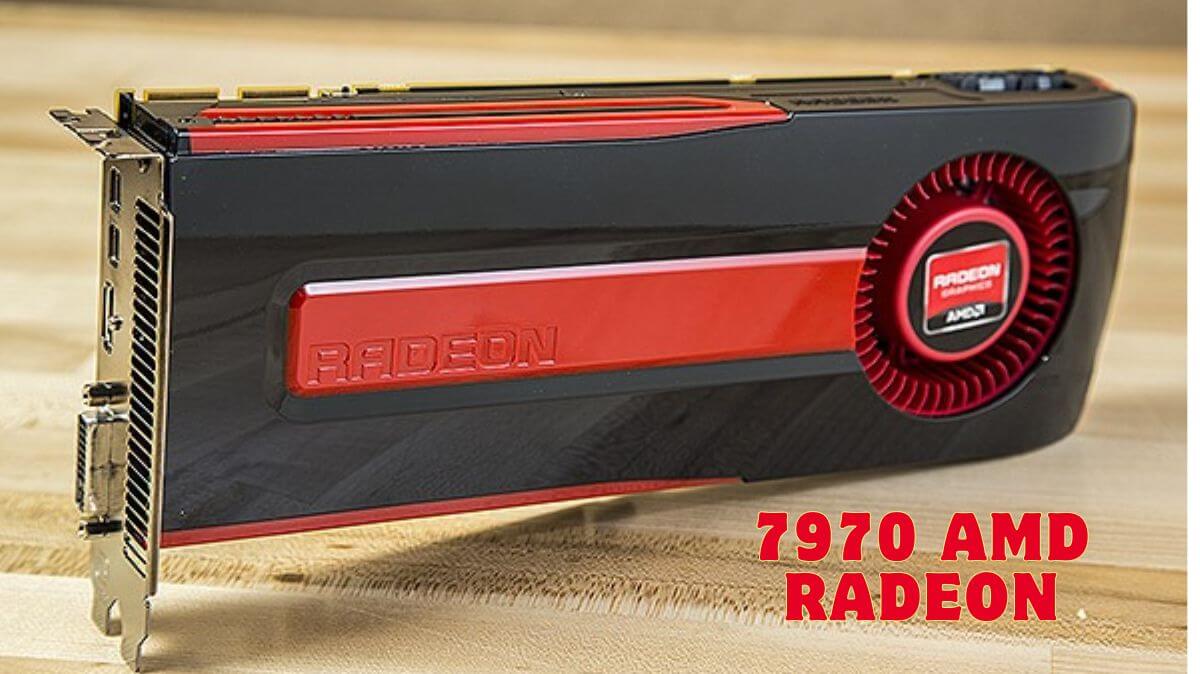
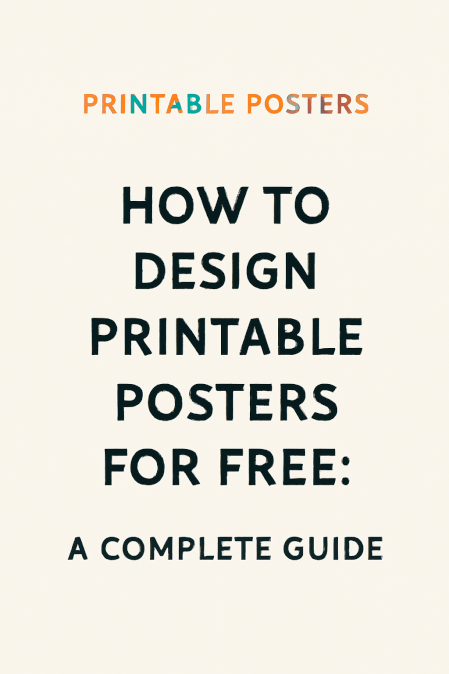

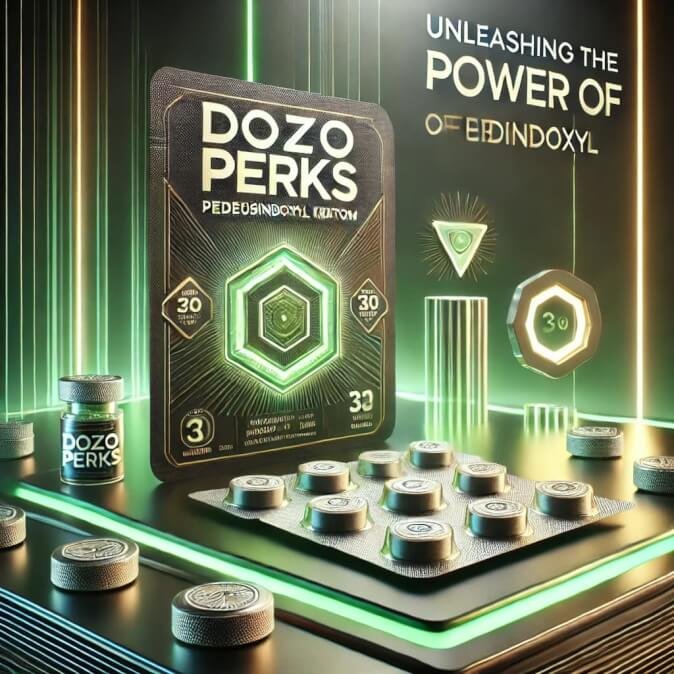


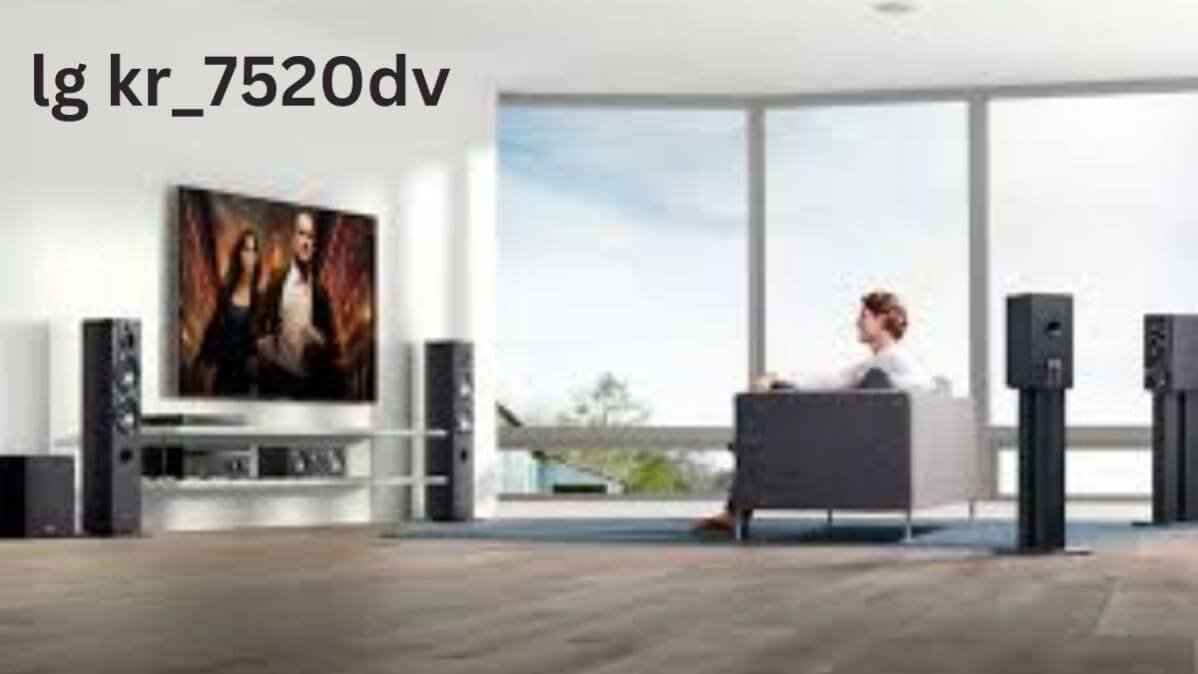
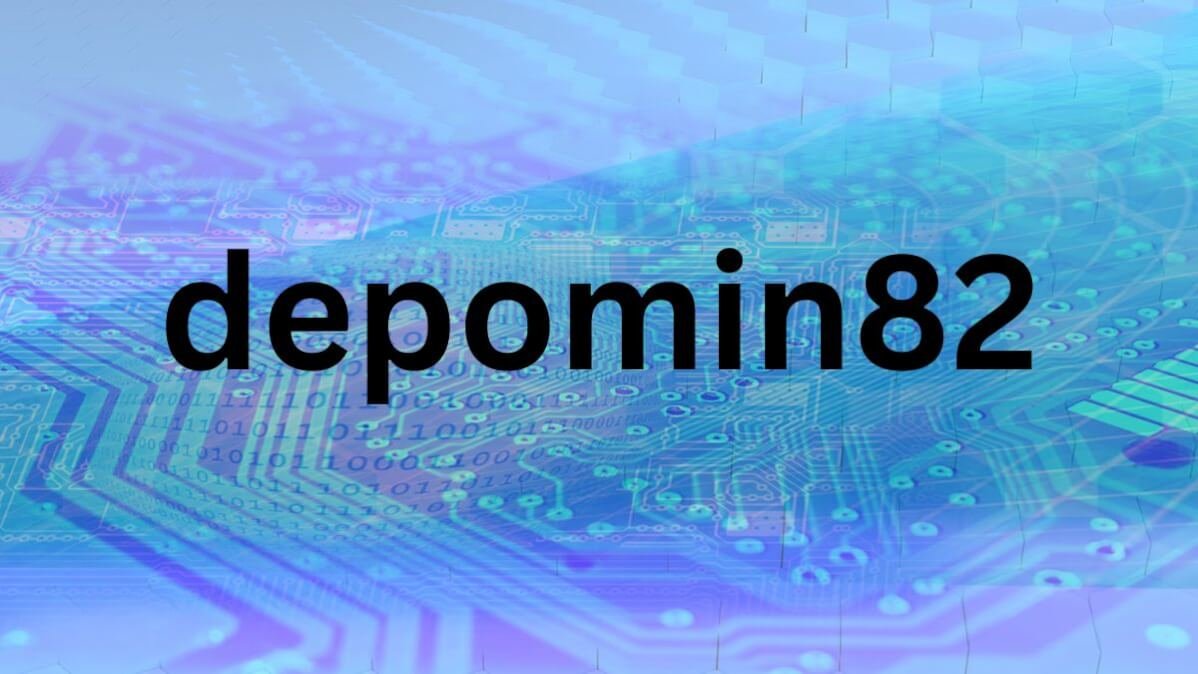

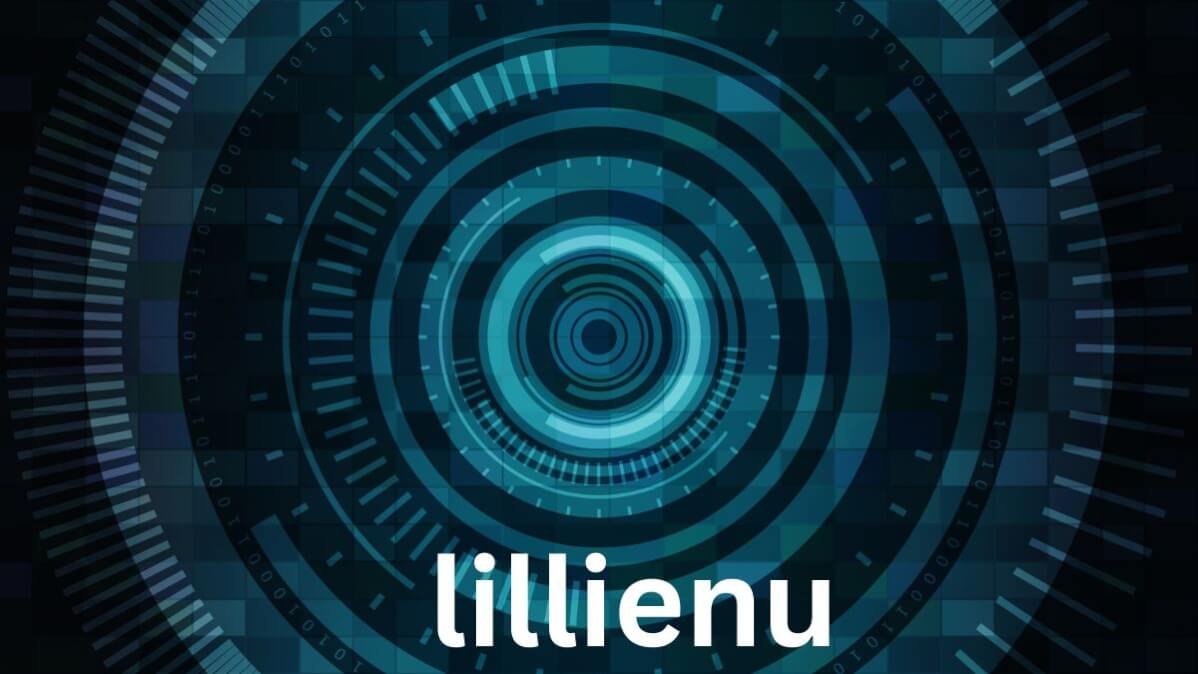


Leave a Reply